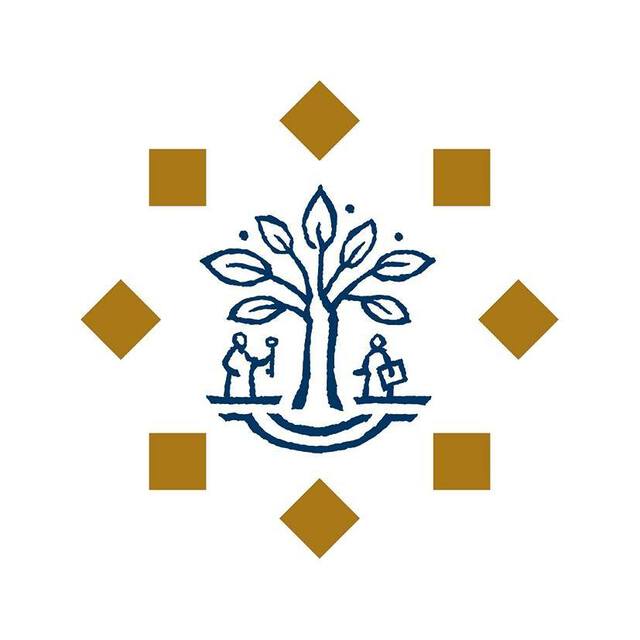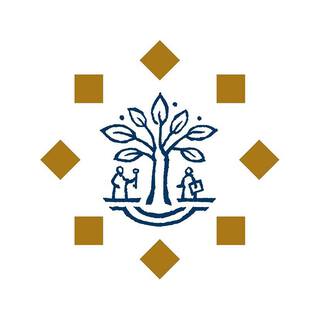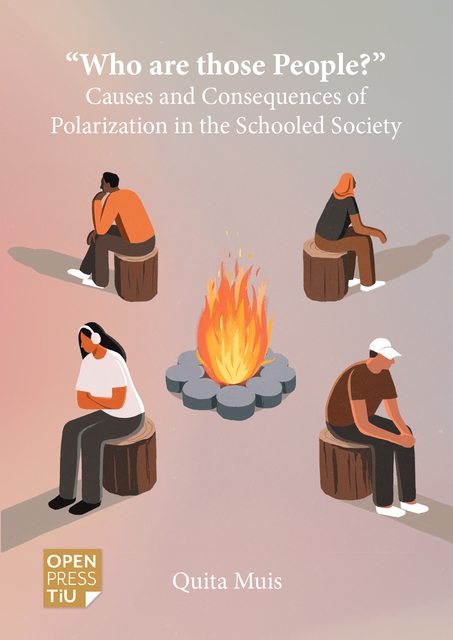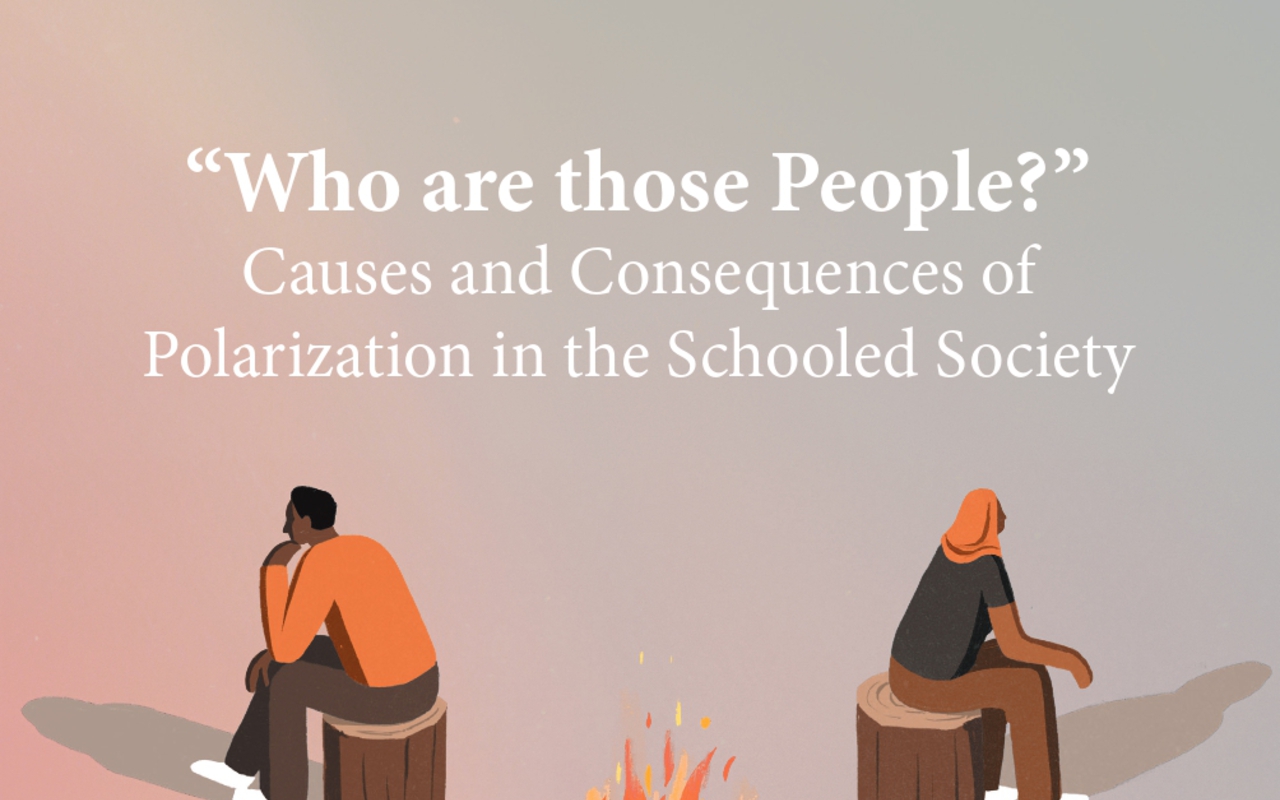"Who are those people?"
Causes and consequences of polarization in the schooled society
Polarization panic is omnipresent in the public as well as scientific debate in Europe. However, much is unclear about what kind of polarization is taking place, who is polarizing and why, and what the consequences of polarization are. Guided by theories regarding modernization, the schooled society, social identification, cleavage formation, a cultural backlash, and agonistic pluralism, I aim to clarify the "what", "who", "why", and "whatever" of polarization in Europe. I do so by investigating different forms of polarization between educational groups (Part I), between social identity groups and birth cohorts (Part II), and by disentangling the relationship between polarization and democracy (Part III). Grounded in six empirical chapters based on qualitative and quantitative methods, I conclude that polarization is perceived rather than actually occurring. These false perceptions are driven by a search for social recognition in an ever more individualistic society, resulting in identification with narrow social groups. Educational level is one example of such a social identity, as the schooled society has made knowledge and cognitive skills primary sources of social (mis)recognition. Stereotypical ideas about cognitive and moral superiority are strengthened by politics and social media, distorting the image we have of ourselves and others. This false polarization increases the risk of actual polarization becoming a self-fulfilling prophecy, which will strengthen distinctions between social identities in turn. Although polarization can be good for democracy, the lack of shared identity is affecting the democratic values of younger generations and conflict can erode the system when becoming too moralized. Therefore, the question "who are those people?" turns out to be a cause as well as a consequence of polarization in Europe, but it may also form the key to a solution
Recent Activity
Project Kickoff
Metadata
- isbn9789403754093
- publisherOpen Press Tilburg University
- publisher placeTilburg, The Netherlands
- rights
- rights holderQuita Muis
- rights territoryThe Netherlands
- doi
We use cookies to analyze our traffic. Please decide if you are willing to accept cookies from our website. You can change this setting anytime in Privacy Settings.



